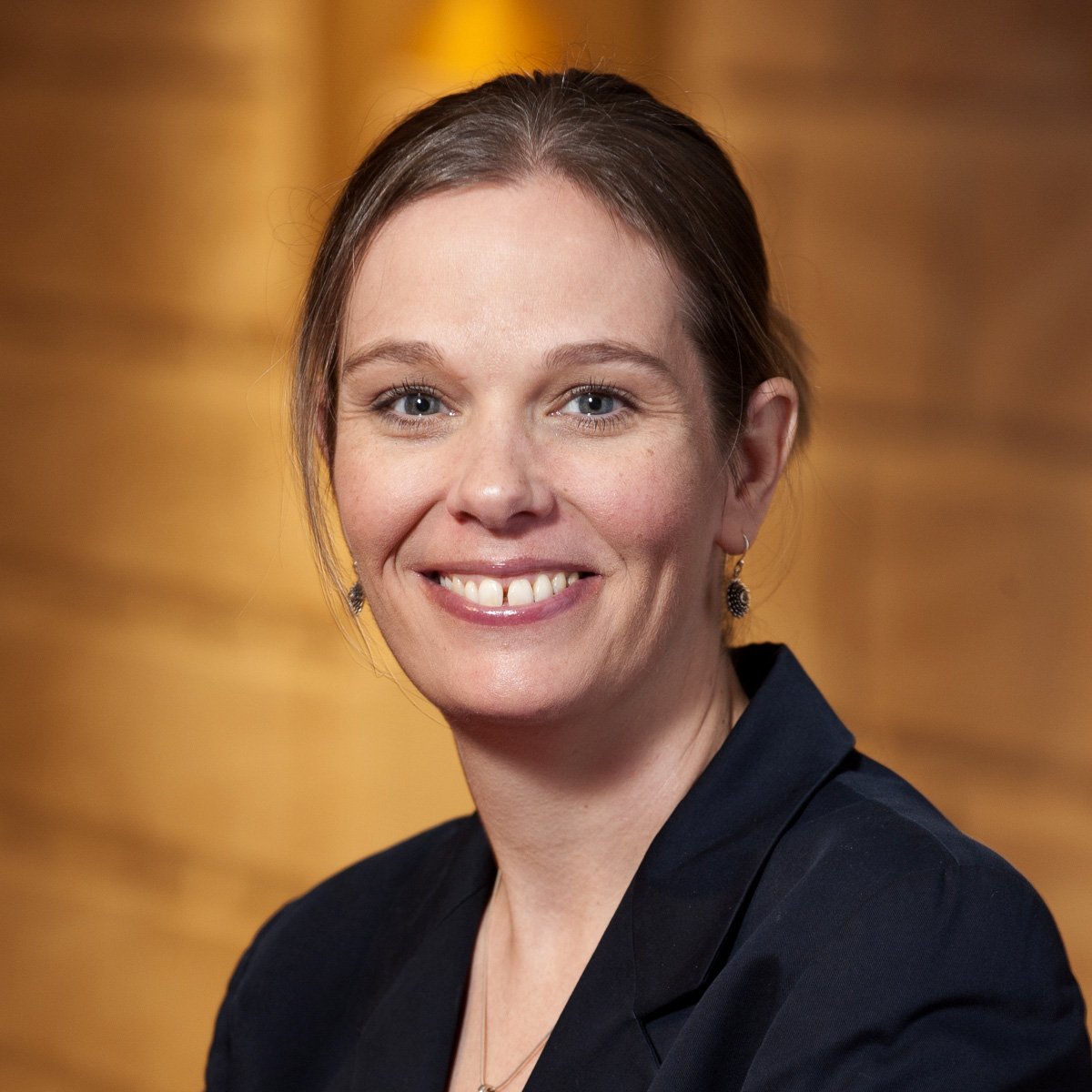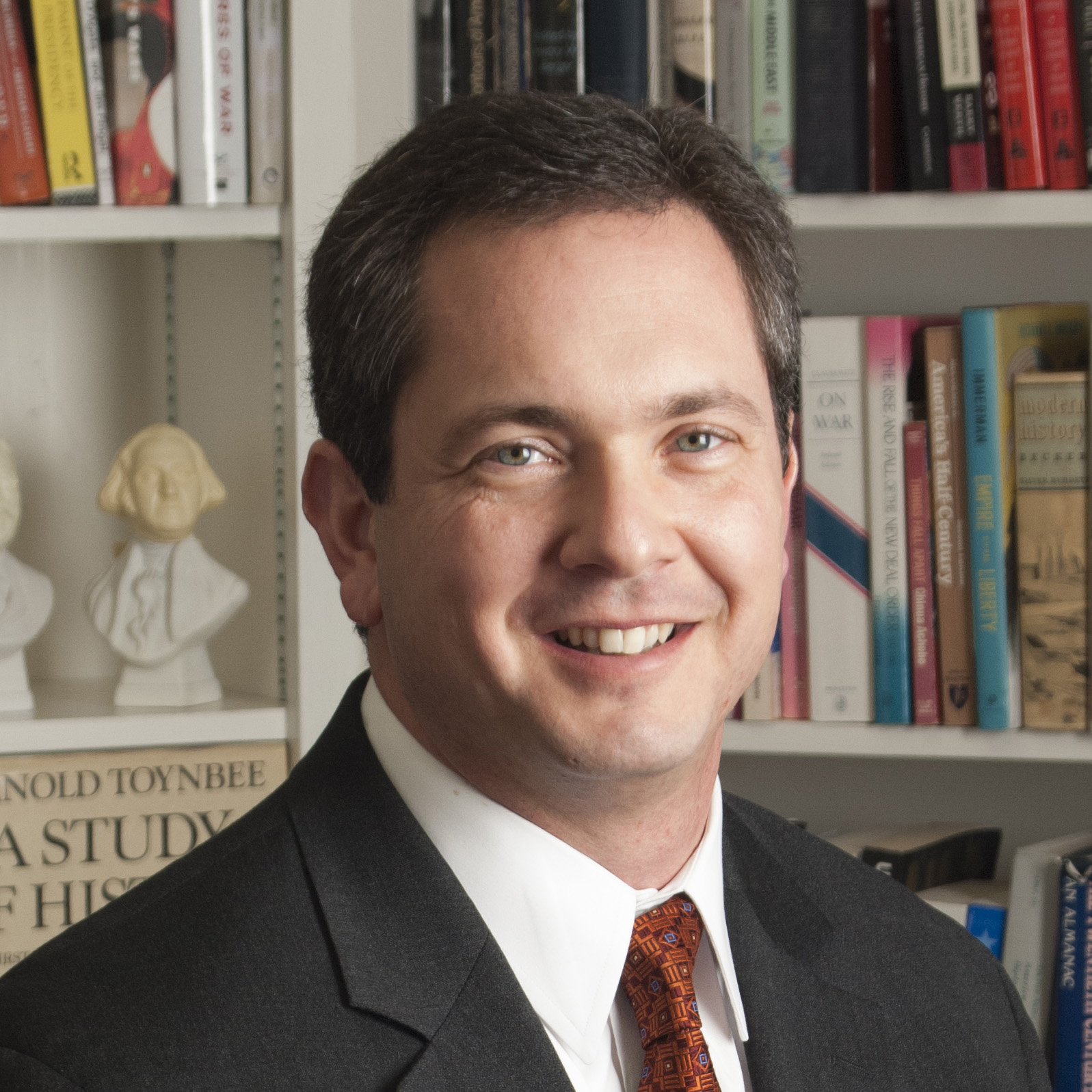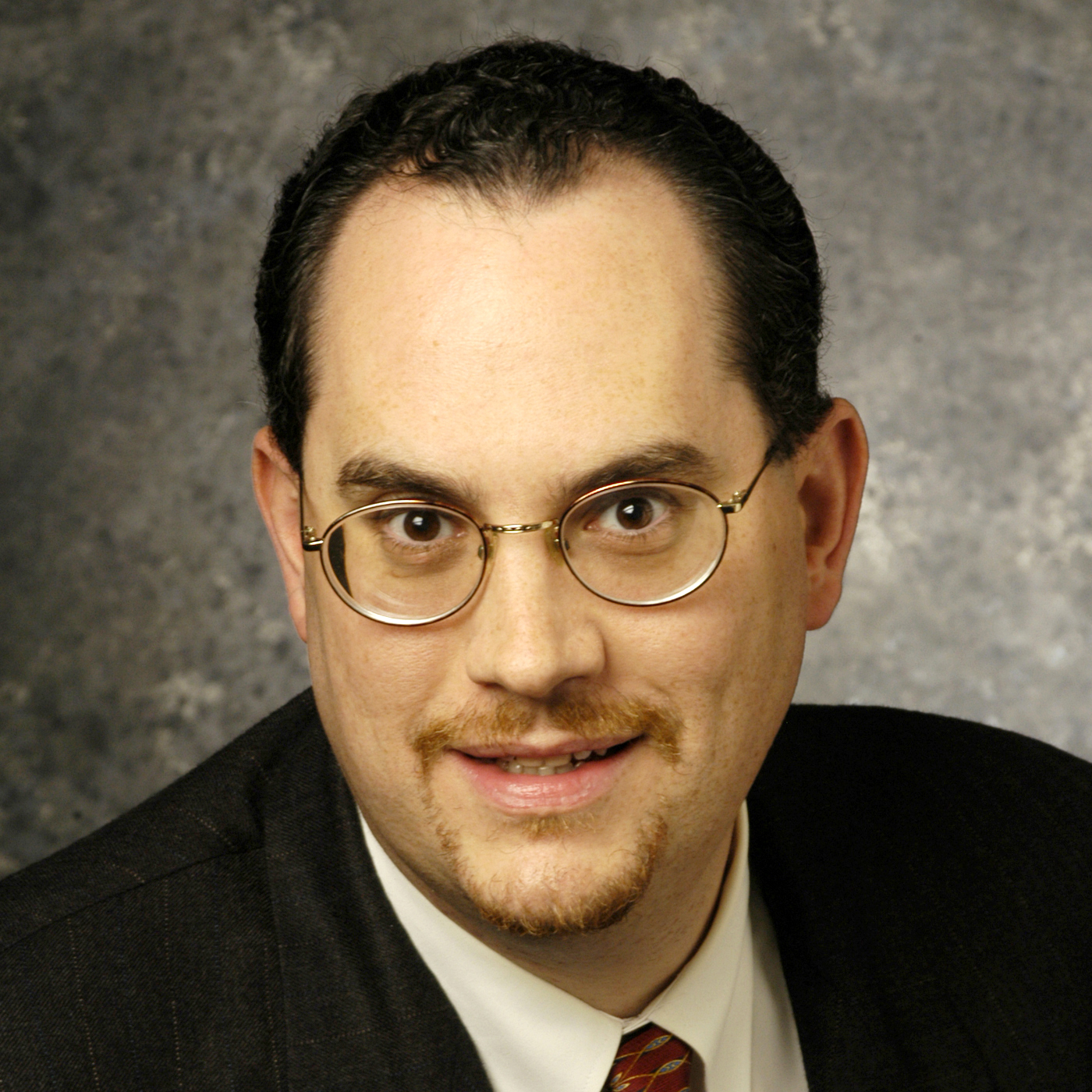Staying power of Trump University scandal
SMU experts are available for interview on all things related to the current state of the presidential race.
DALLAS (SMU) – SMU experts are available for interview on all things related to the current state of the presidential race.
| TRUMP UNIVERSITY SCANDAL PROMISES TO LAST THROUGH NOVEMBER |
|
|
One week after hitting Donald Trump with a decade-old recording of the real estate mogul’s wish for a mortgage crisis, Hillary Clinton’s campaign was gifted with a new avenue of attack in the release of documents revealing the inner workings of the much-maligned Trump University. “People are using words like ‘fraud,’ to describe Trump U, and that strikes me as very damaging,” Martin says. “Trump’s main claim is that he can make a better deal that will take care of Americans, and this flies in the face of that. It also has the added benefit to Clinton of being easy to explain.” Martin speculates Clinton would rather have the case come to trial before the election rather than after, but feels it will still remain a story line throughout the election. She also predicts Trump University could be the story that helps attract Bernie Sanders’ Democrats to Clinton’s cause. “The Trump U story helps because it says Trump is for fraud in every single way and that he pitched himself as an educator to take people’s money,” Martin says. “If the Clinton campaign is smart, they will articulate that Trump wasn’t just taking advantage of people with income anxiety and employment anxiety, he was also taking advantage of people having anxiety about their education opportunities, which speaks to Sanders’ supporters who have made free education a priority.” While Martin predicts Trump U will fuel Clinton, she doubts it will do much for a Libertarian party eager to attract #NeverTrump Republicans. “Values conservatives won’t throw their lasso around Libertarians because they don’t like their social liberalism and neocons won’t join the party because Libertarians don’t want to be policemen of the world,” Martin says. “Libertarianism is its own funky one-off because there’s something for just about every conservative to like, but there’s something else for each of them to loath, too.” Martin is an SMU assistant professor of Communication Studies in the Meadows School of the Arts. She can discuss:
|
|
| TRUMP’S CONTEMPT FOR MEDIA IS HISTORICALLY TOPS AMONG CANDIDATES |
|
|
It’s not uncommon for a president or a presidential candidate to have a difficult relationship with the media, but according to Engel, nobody has ever despised the press as thoroughly as Trump. “It’s natural for any person or administration living under that much of a 24/7 global spotlight to become a little paranoid, but typically presidents and presidential candidates find enemies only in ideologically-opposed segments of the press,” Engel says. “I’m hard-pressed to think of any modern president or candidate who so blithely considers all of journalism antagonistic.” Trump’s promise that his treatment of the media wouldn’t change if he became president is “frightening,” says Engel. “This is where we begin to see tyranny at play because, say what you will about the founding generation, they recognized a free press was crucial to the functioning of democracy,” Engel says. “Trump hasn’t just made clear in the last week he has no interest at all in being questioned, he also questions the patriotism and virtue of anyone who does dare question him, which is dangerous.” “Even Nixon had his buddies in the press,” Engel adds. “There were papers he liked and papers he didn’t. As best I can tell, the only press Trump appears to be comfortable with is the disreputable tabloid press.” Trump’s gamble is that The Donald believes he can bypass a waning media landscape and communicate directly to the American people via social media, says Engel. But Engel isn’t sure it’s a winning bet. “The press is less influential, but I wouldn’t say it has lost its influence,” Engel says. “I don’t think you can perpetually antagonize all the people whose job it is to write about the campaign and expect it to have no adverse effect.” Engel is director of the SMU Center for Presidential History. He can discuss:
|
|
| LIBERTARIANS COULD SQUANDER GREATEST OPPORTUNITY WITH WEAK TICKET |
|
|
For the first time in its history, the Libertarian party might be able to make a splash in a November election – if it can get out of its own way, says Wilson. “There’s so much dissatisfaction with the two major nominees that this could be the Libertarian moment,” Wilson says. “Unfortunately, Gary Johnson and Bill Weld aren’t all that great of a ticket. Johnson isn’t charismatic at all – he’s trying to build a business by growing and selling pot – so it will be interesting to see if the Libertarian Party hits the five, 10 or 15-percent threshold.” The 5-percent threshold Wilson refers to is the percentage of the November vote required to qualify a party for federal matching funds during the following presidential election – something that was done by Ross Perot’s Reform Party in 1992 and 1996 before losing the funds in 2000 after Reform candidate Pat Buchanan polled just 1 percent. The 10 and 15-percent thresholds are the two numbers frequently tossed around when discussing what a party will need to be included in the fall presidential debates. Constitutional lawyer and National Review writer David French, who was recently floated as a third-party Republican candidate by “Never-Trump” activist Bill Kristol, has his own set of flaws, says Wilson. “I’ve met French and he’s a very nice guy, a very smart guy, but he has no name recognition and no financial backing, so he’s more of a statement or protest candidate than a viable threat,” says Wilson, who adds there is one potential third-party contender who could shake the race to its core. “There are a lot of ‘Bernie bros’ who hate Hillary and don’t want to fall in behind her, and they want him to run as an independent,” Wilson says. “If he does, he’ll be very relevant, but barring that, third parties won’t have a big impact in November. Polls show the Libertarians are drawing evenly from both sides of the aisle, so even if they turn out, the partisan impact might not be much.” Due to the scandals swirling around Trump and Clinton, Wilson says third-party candidates like French, the Libertarians, and potentially others will continue to be a storyline this election, but he expects them to be little more. “The Libertarians have squandered an opportunity to break through by failing to nominate someone who can catch fire,” Wilson says. “If there were a Mitt Romney, a Sanders or a Michael Bloomberg – someone like that could take advantage of this election. It would be different, but none of those people are running, so the current third-party bids aren’t plausible.” Wilson is an SMU associate professor of Political Science. He can discuss:
|
|
###
SMU is a nationally ranked private university in Dallas founded 100 years ago. Today, SMU enrolls approximately 11,000 students who benefit from the academic opportunities and international reach of seven degree-granting schools.
21758-nr-6/2/16-kr


